In light of what’s happening in some parts of the UK right now, I think it’s important that we all know how to keep ourselves and our loved ones safe. My family already knows how to employ grey man techniques if they’re not at home when unrest begins, and they each know what to do at home to stay safe. But many people are only just starting to wake up and wonder what to do or how to cope if faced with any level of civil unrest or rioting.
Civil unrest can erupt suddenly, turning familiar streets into danger zones. Whether it’s protests gone awry or full-scale riots, being caught unprepared can put you and your loved ones at risk. As homesteaders and preppers, we know the value of readiness. But urban disturbances present unique challenges that require specific strategies. This list offers practical tips to help you navigate safely through times of civil unrest, ensuring you’re prepared for whatever comes your way.
Stay Informed
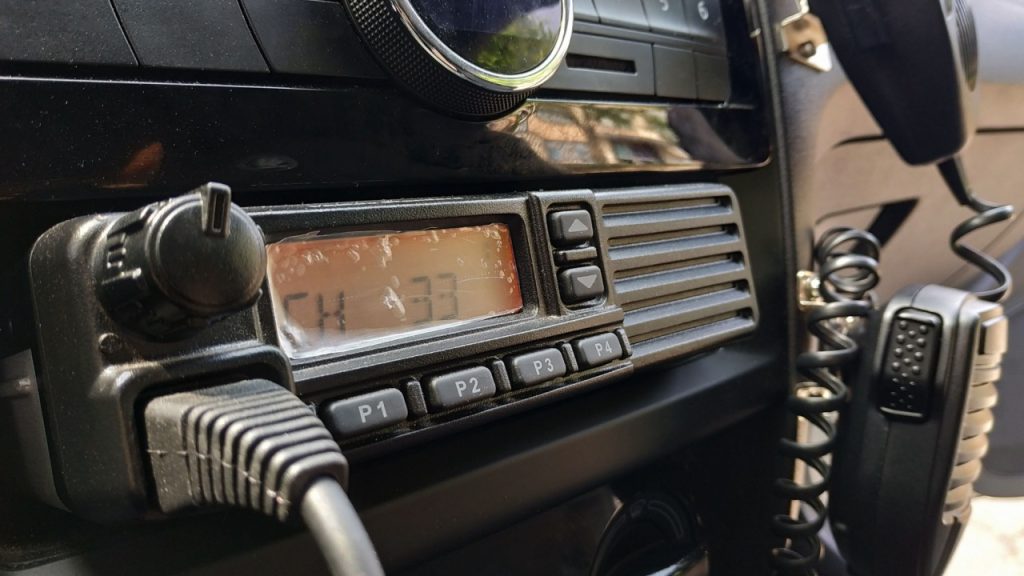
Knowledge is your first line of defense. Keep tabs on local news, police scanners, and trusted social media accounts for real-time updates. Set up alerts on your phone for emergency notifications. Remember, information can spread fast during chaotic times, so cross-check facts before acting on them. Knowing where trouble spots are can help you plan safe routes and avoid dangerous areas.
Have a Bug-Out Bag Ready
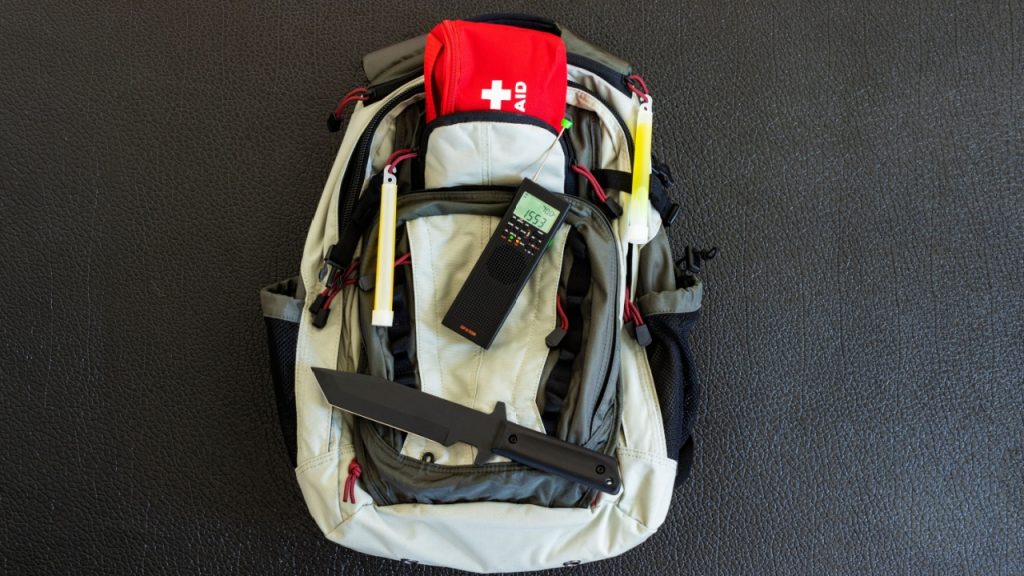
Your bug-out bag is your lifeline in emergencies. Pack it with essentials like water, non-perishable food, first-aid supplies, cash, and important documents. Include a change of clothes, preferably in neutral colors to blend in. Don’t forget a portable charger for your phone and a small radio for news updates. Review and update your bag regularly to ensure everything is in working order and nothing has expired.
Plan Multiple Escape Routes
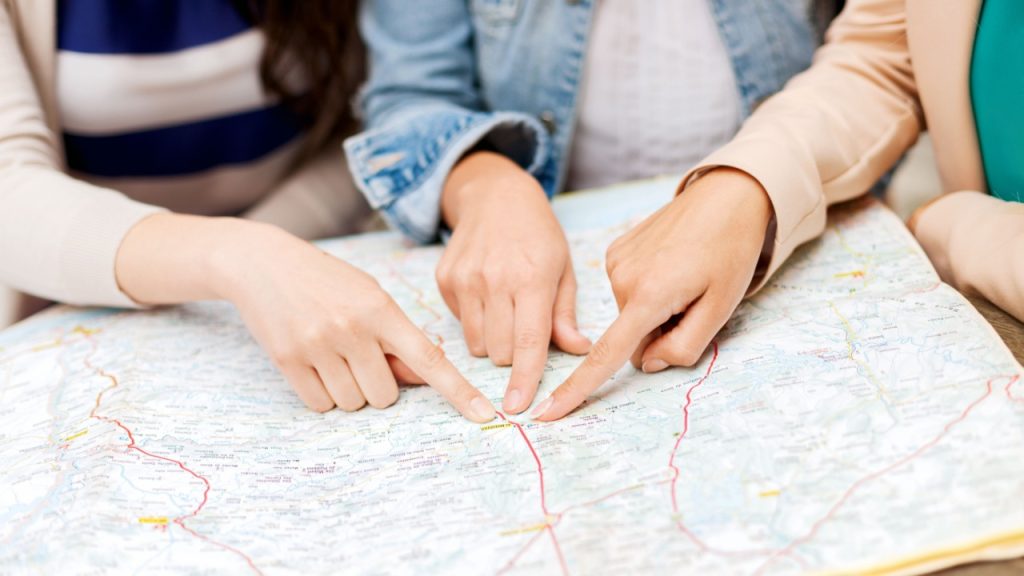
Don’t rely on a single escape plan. Map out several routes from your home, workplace, and other frequented locations. Practice these routes with your family or group. Include both vehicle and on-foot options. Remember, during civil unrest, main roads might be blocked or dangerous. Familiarize yourself with back roads, alleys, and public transport alternatives that could provide safer passage.
Establish a Communication Plan
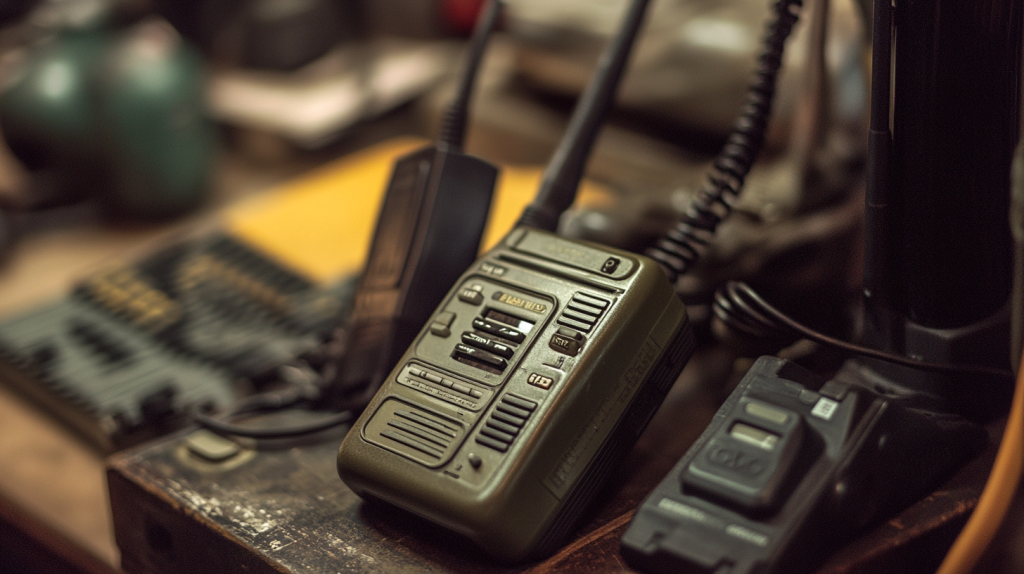
Cell networks can become overloaded or shut down during unrest. Set up a communication plan with your loved ones that doesn’t rely solely on phones. Agree on meeting points if you’re separated. Consider investing in two-way radios for short-range communication. Learn some basic hand signals that can help you communicate silently if needed. Having a solid plan can reduce panic and confusion in high-stress situations.
Secure Your Home

Your home should be your safe haven. Reinforce doors and windows with sturdy locks and bars if necessary. Keep a fire extinguisher handy in case of arson attempts. Consider setting up a safe room stocked with supplies where you can retreat if needed. Don’t forget about potential digital threats – secure your Wi-Fi network and be cautious about what you post online during times of unrest.
Blend In With the Crowd

If you must venture out, aim to be forgettable. Wear plain, neutral-colored clothing without visible brands or slogans. Avoid anything that could be seen as provocative or align you with any particular group. Keep your head down and avoid eye contact. Move purposefully, as if you have somewhere to be, but don’t run unless absolutely necessary as this can draw attention.
Be Prepared for Vehicle Trouble
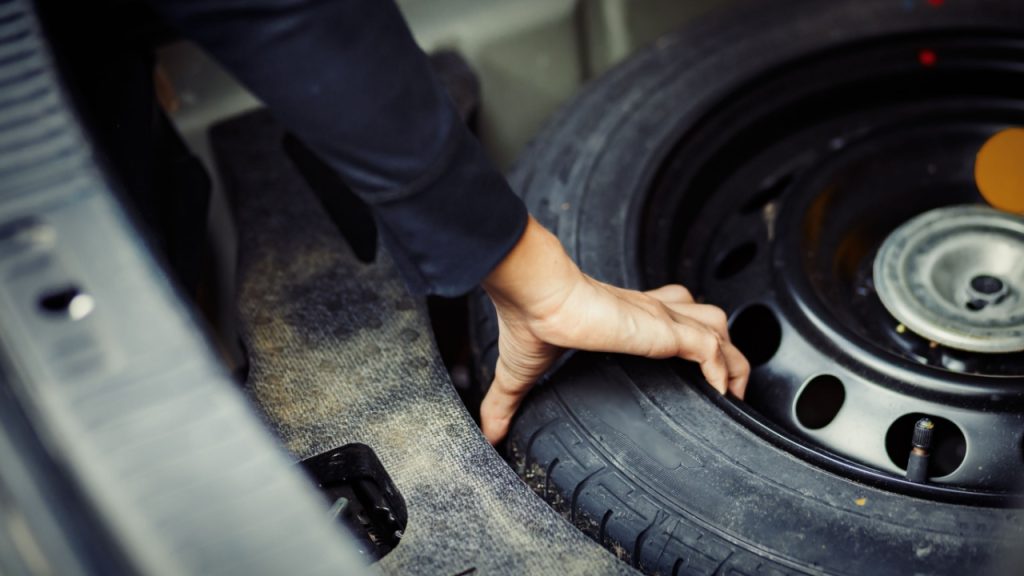
Your car can be both a lifeline and a target during civil unrest. Keep your gas tank at least half full at all times. Store basic repair tools and a spare tire in your vehicle. Consider keeping a “get home bag” in your car with essentials in case you need to abandon your vehicle and proceed on foot. Park in secure locations, preferably in a garage or well-lit area, to reduce the risk of vandalism or theft.
Learn Basic First Aid
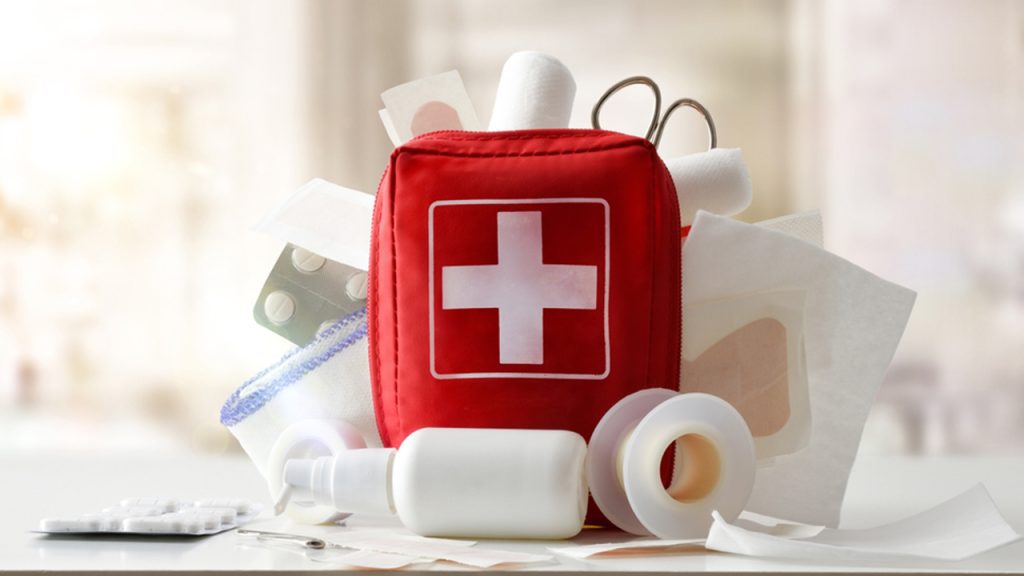
In chaotic situations, medical help might be delayed or unavailable. Learn basic first aid skills and CPR. Keep a well-stocked first aid kit in your home and car. Know how to treat injuries like cuts, burns, and sprains. Familiarize yourself with how to handle tear gas exposure, as this is often used for crowd control. Your ability to provide immediate care could be crucial in an emergency.
Stay Physically Fit
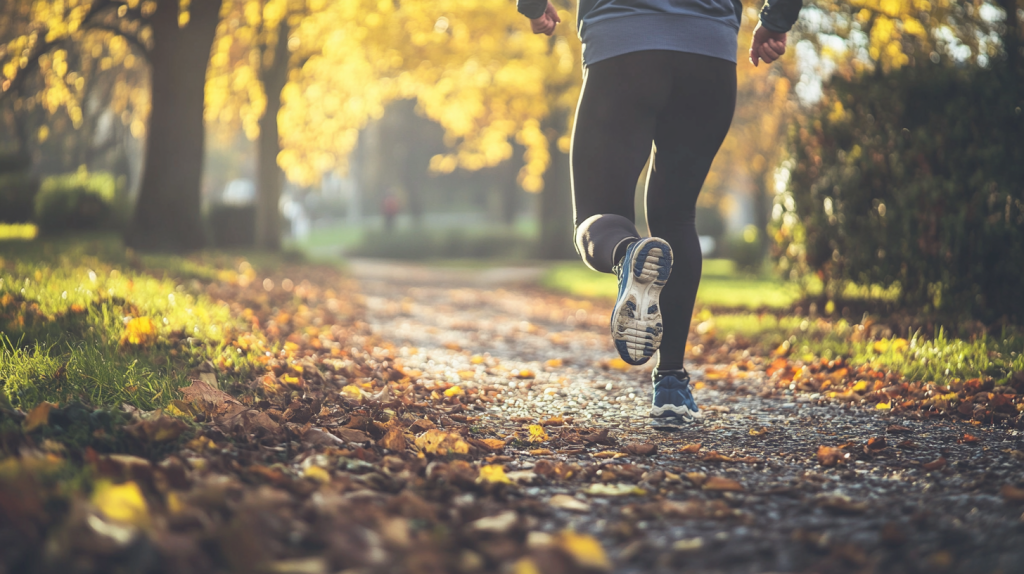
Physical fitness can be a game-changer in high-stress situations. Regular exercise improves your stamina, strength, and mental alertness. Practice sprinting and long-distance running to improve your ability to escape dangerous situations quickly. Learn some basic self-defense moves. Remember, your goal is to avoid conflict and escape, not to engage in fights.
Develop Situational Awareness

Train yourself to be constantly aware of your surroundings. Notice exit points when you enter buildings. Be alert to changes in crowd behavior or sudden movements. Trust your instincts – if something feels off, it probably is. Practice situational awareness daily so it becomes second nature. This skill can help you spot potential threats before they escalate.
Stock Up on Essentials
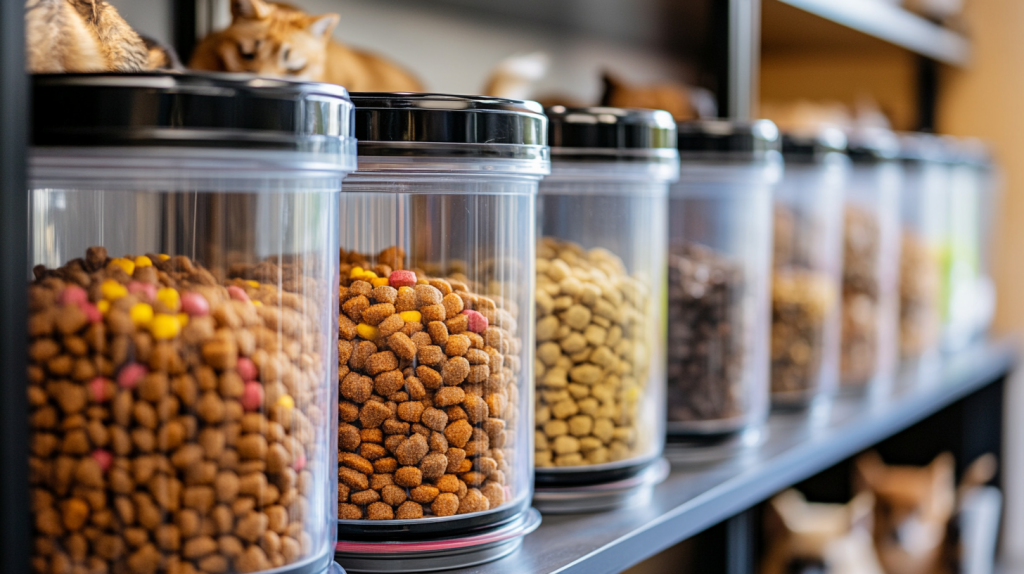
During civil unrest, stores may close or run out of supplies. Keep a stock of non-perishable food, water, medications, and other essentials. Aim for at least a month’s supply. Don’t forget items like batteries, candles, and a hand-crank radio in case of power outages. Regularly rotate your stocks to keep everything fresh. Having these supplies on hand means you won’t need to venture out during dangerous times.
Create a Network of Trusted Neighbors
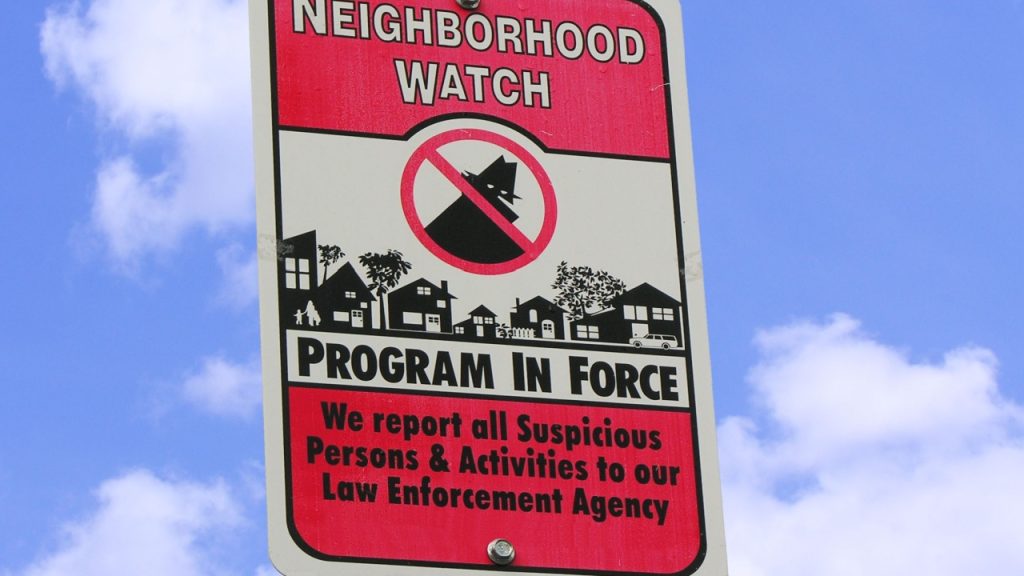
Your neighbors can be valuable allies during times of unrest. Get to know them now, before a crisis hits. Discuss plans for mutual aid and protection. Consider setting up a neighborhood watch program. Share skills and resources – one neighbor might be great at first aid, while another has useful tools. A united community is much stronger than individuals acting alone.
Learn to Go Gray

“Going gray” means becoming invisible in plain sight. Practice moving through crowds without drawing attention. Avoid flashy jewelry or expensive-looking items. If you need to carry supplies, use an ordinary backpack or shopping bag rather than tactical gear. Train yourself to observe without staring. The ability to blend in can keep you safe in tense situations.
Have a Financial Backup Plan
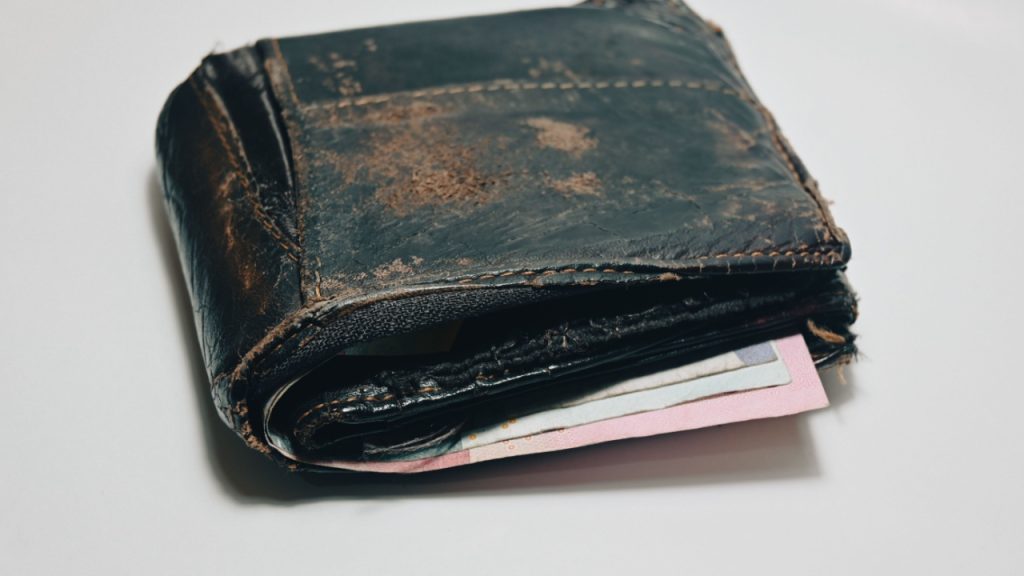
Civil unrest can disrupt banking systems and ATMs. Keep some cash on hand in small denominations. Consider having some assets in precious metals as a hedge against currency instability. Have copies of important financial documents stored securely, both physically and digitally. A solid financial plan can provide peace of mind and options during uncertain times.
Practice Calm Under Pressure
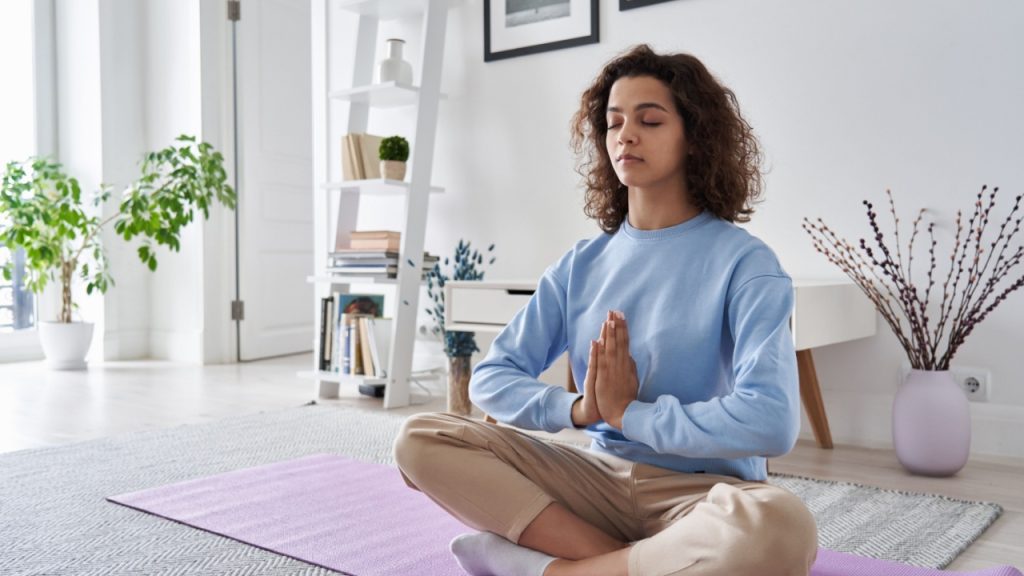
Your mental state is crucial in high-stress situations. Practice stress-management techniques like deep breathing and meditation. Regularly put yourself in mildly uncomfortable situations to build resilience. In a crisis, stay calm and think clearly. Panic can lead to poor decisions. Remember, your mindset can be your greatest asset or your biggest liability in times of civil unrest.
Katy Willis is a writer, master herbalist, master gardener, and certified canine nutritionist who has been writing since 2002. She’s finds joy in learning new and interesting things, and finds history, science, and nature endlessly fascinating.

